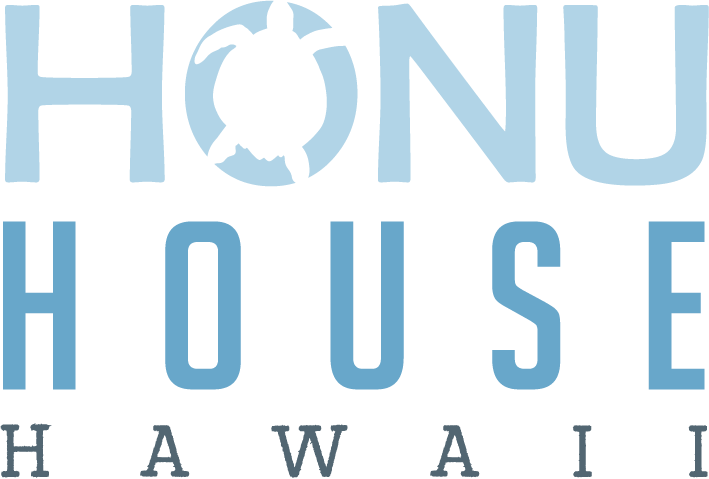
What are Co-Occurring Disorders and How Should Addiction Treatment Address Them?
-
By John Burke
-
December 19, 2022
What Are Co-occurring Disorders?
The brain is one of the most complex organs of the human body. It manages and cooperates with multiple bodily systems, and keeps everything in balance with one another. With this complexity in mind, a person can experience multiple conditions at once, or have “co-occurring disorders.”
Because of these complexities, it should not be surprising that substance abuse and addiction have a significant impact on the brain. Addiction can trigger, encourage, and sometimes even mask symptoms of other mental and emotional disorders. And since addictive substances influence the brain and its chemical makeup, it can be tricky to identify how or where something first began.
This is where co-occurring disorders (CODs) come in. A co-occurring disorder accompanies or “co-occurs” with a diagnosis of substance abuse disorder or addiction. CODs can be psychological, emotional, and even physically expressed. CODs are sometimes also called “dual disorders” or “dual diagnoses.” The best professional treatments for addiction and substance abuse focus on each of a client’s disorders individually, as well as how they interact with each other.
How Common Are CODs for those in Addiction Treatment?
Many people don’t know how common it is to have more than one psychological health disorder. Because of this lack of information, many in recovery are at a high risk of further addiction patterns forming. Sometimes a mental illnesses precede the substance abuse. For others, mental or emotional disorders develop after or because of the abuse or addiction. In both cases, one disorder almost always emphasizes the expressions of the other diagnoses.
A recent study found that 50-70% of clients in treatment for substance abuse disorder in the last ten years had histories of at least one psychological disorder. The reverse was true for those in treatment for psychological conditions. Between 20-50% of clients had current or past histories with addiction or substance abuse. With this in mind, it’s essential that an addiction recovery center addresses CODs as a part of their treatment plans.
What Types of Co-Occurring Disorders Exist?
Many CODs can be very severe, like personality disorders, behavioral disorders and psychotic disorders. Other CODs are less obvious and may just look like mild cases of anxiety or depression.
Another factor discussed less often is that developmental disabilities that start at a young age can also turn into CODs. One such example are learning disabilities, which can affect a combination of social, linguistic, and physical developments. But when it comes to substance abuse and addiction, CODs more commonly refer to psychological disorders rather than developmental disabilities.
The broad categories of CODs include but are not limited to the following:
- Mood Disorders (depression, bipolar)
- Anxiety Disorders (social, PTSD, OCD, panic anxieties)
- Psychotic Disorders (schizophrenia, schizoaffective)
- Eating Disorders (anorexia, bulimia)
- Personality Disorders (narcissistic, paranoia, histrionic)
- Behavioral Disorders (defiance, hyperactivity)
What are the Symptoms of Common CODs?
The signs and symptoms of CODs vary based on each person. Everything from socioeconomic circumstances, the types of substances they are abusing, and the types of mental-emotional disorders can express CODs differently.
But in general, some of the behavioral symptoms of CODs may include:
- Seclusion
- Thoughts or attempts of suicide
- General aggressiveness
- Drastic and irrational mood changes
- Trouble with authority
- Employment instability
- Housing instability
- Financial instability
- Prostitution or sexual deviance
- Resistance to hygiene and cleanliness
- Difficulty focusing
You may be thinking that many of the signs of CODs are similar to those of addiction and substance abuse—and you’re right! Because of this, it can be tough to identify the source of the symptom. In other words, is the mental disorder triggering the substance abuse or vice versa? At Honu House, each client receives an individualized treatment plan to address the unique aspects of their journey, and as a result, their healing as well.
How Do Co-Occurring Disorders and Addiction Start?
Environment and Circumstances:
- Chronic stress and traumatic situations (whether early in life or later) often trigger an underlying psychological health disorder that was previously dormant. In the midst of stress, substance use and abuse can become active as a stress outlet.
Similar Brain Chemistry:
- The parts of the brain that regulate mood, stress, and reward systems are stimulated in a similar way by both substance abuse and mental-emotional disorders. This overlap can lead to a tangled web of symptoms that need proper care and treatment.
Adverse Childhood Experiences:
- A person has a higher risk of substance abuse if they are exposed to drugs or alcohol at a young age. Early exposure holds the potential to affect the development of the brain and bodily response systems, as well as the development of psychological disorders.
Social Stigmas:
- One of the biggest hardships of those with mental disorders is the social stigma that comes with their diagnosis. A person may be perceived as dangerous, intrinsically broken, or sometimes even contagious. These harmful misunderstandings are clearly incorrect. But they can cause fear and shame for those with CODs, which may lead to self-isolation and resistance to outside help.
Incarceration Injustice:
- Of the number of incarcerated individuals convicted of possession and use of illegal substances, those with CODs have a much higher likelihood of being incarcerated again within a six-year period. Unfortunately, the criminal justice system fails to identify such cases. This can result in an unending incarceration cycle and a lack of treatment for those who desperately need it.
Homelessness:
- People experiencing homelessness often have multiple CODs. Moreover, they often have difficulty accessing healthcare because of distrust, financial limitation, and sometimes even the mental disorders themselves. Such internal and external barriers form a feedback loop that’s difficult to address without outside intervention.
Can a Person Recover from Their CODs?
Addiction treatment centers are the best place to start if someone you know is struggling with one or multiple co-occurring disorders. A treatment center will first provide a dual-diagnosis, which involves treating any underlying causes of addiction (such as mental and emotional disorders) alongside the person’s substance abuse patterns. Get in touch with one of the team at Honu House today and let the healing process begin.
